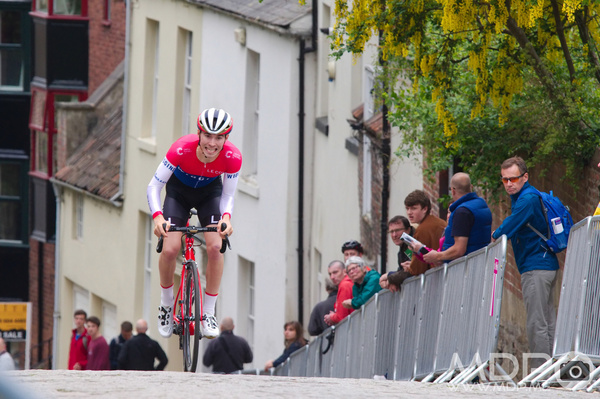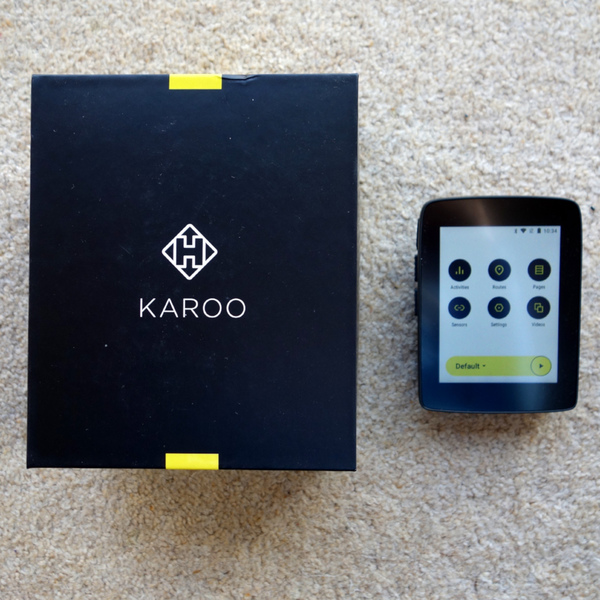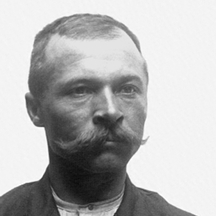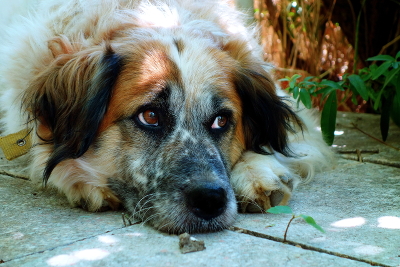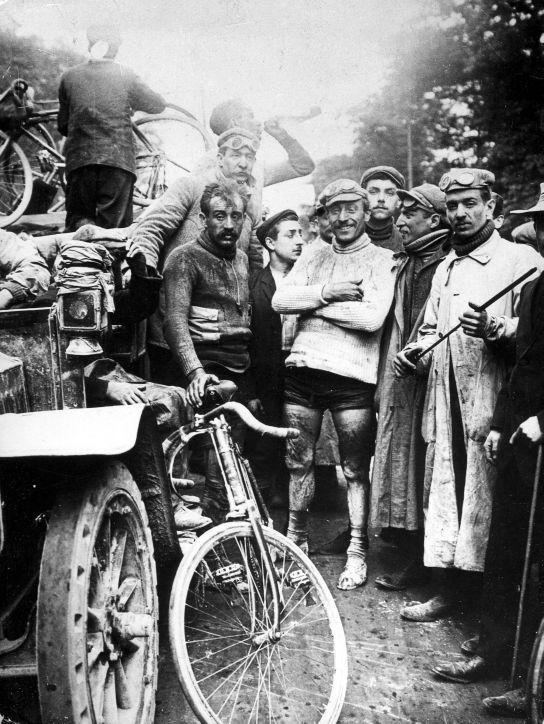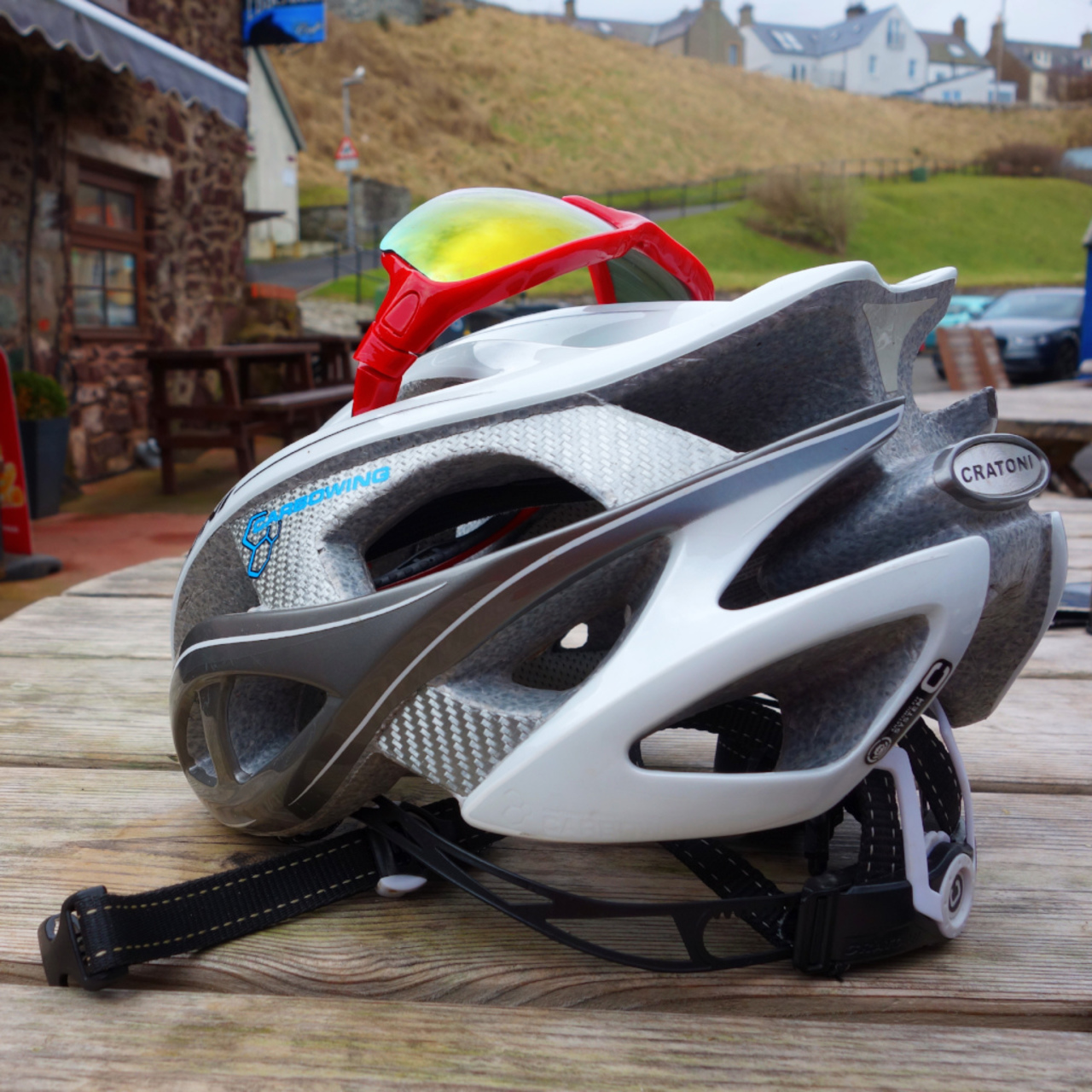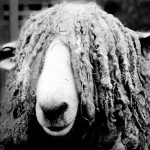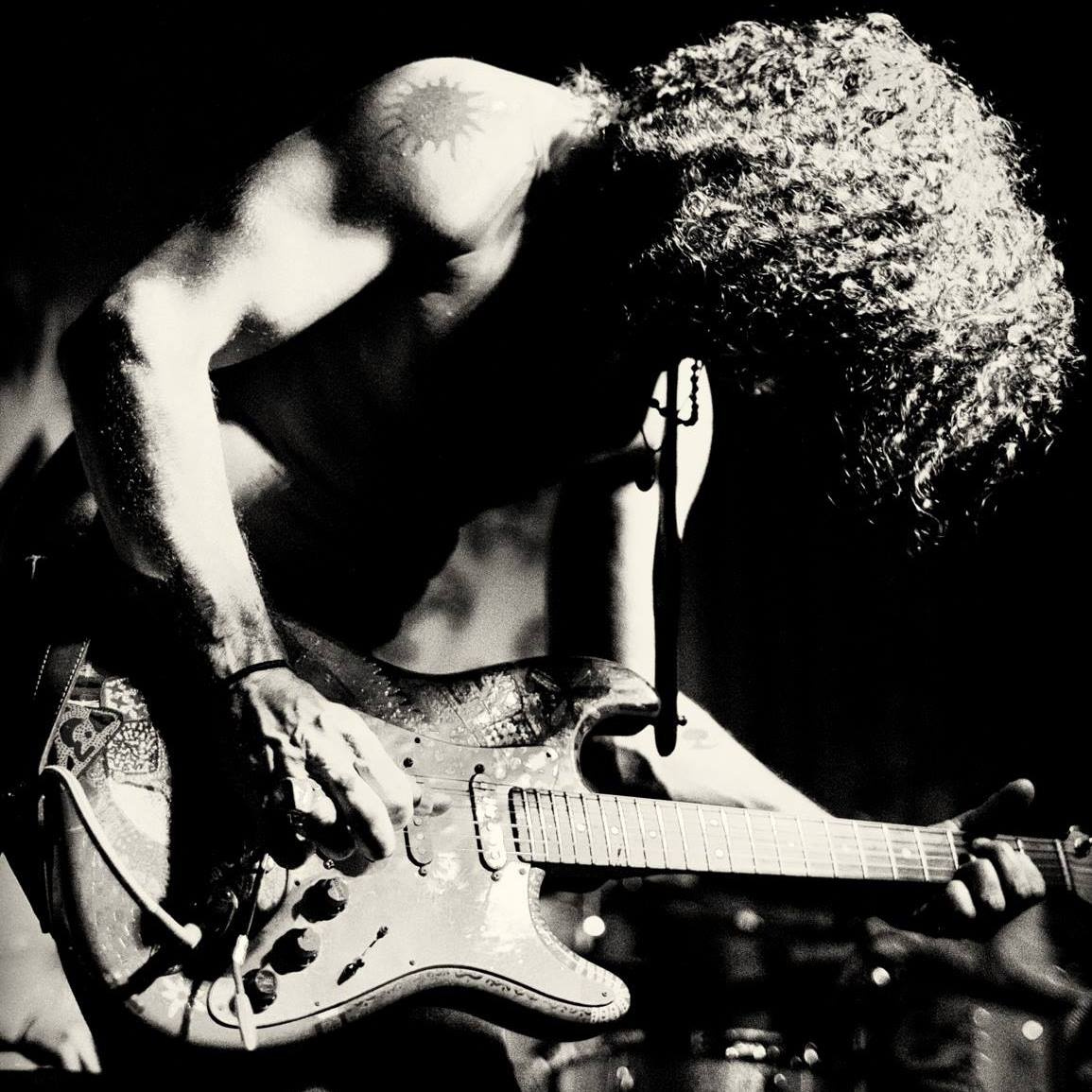Whilst hunting for rights free vintage cycling images, I came across this rather curious book, "Through a Continent on Wheels" by R. L. Jefferson. Published in 1899. The book depicts the travels of Mr Jefferson across Europe and beyond by bicycle during the last decade of the 19th Century.
Having spent a good many years living in Turkey, the chapter, "The Land of the Osmanli", particularly caught my eye. It describes the writer's ride through what is now Turkey to Constantinople, or Istanbul as it is now called. Jefferson claims that he was only the third person to enter the Ottoman Empire by bicycle. What follows is a rather colourful account of his journey and the somewhat enthusiastic reception he got from the locals. The book in its entirity can be downloaded in PDF format from the British Library's archive.
"I do not suppose, even in these days when cyclists can be counted almost by the million, that there are many wheelmen who can claim experience of Turkish roads. So far as my recollection goes, three men have journeyed across the Balkan Peninsula— one an American, another a German, and the last an Englishman— myself.
...
From Hermanli, the last town in Bulgaria, to Mustapha Pacha, the first town in Turkey, is but a matter of a few miles. I confess I was eager to see what Turkey was like, and it was at mid-day one May day that I came in sight of the frontier. A long, low building obstructed the way, and a rather small but exceedingly military looking individual in a blue uniform, topped with a red fez, was patrolling the road. He saw me approaching, stood stock still for a moment in utter amazement at my peculiar steed, then, recovering himself by a violent effort, waved his long rifle in the air and motioned me to dismount. I did so, and urbanely presented my passport. He shook his head while all the time gazing with a dazed stare upon my bicycle. He motioned me to follow him, and I did so. He sat down on a stone bench by the side of the building, and, never taking his eyes off my bicycle, politely intimated that I should sit beside him. Not a soul beyond this soldier was to be seen. Away to the southward the brown, bare commonland of Turkey undulated away to the horizon; scarcely a tree and not a habitation within vision. Mustapha Pacha was yet some miles ahead, and, while curious as to what the frontiersman was up to, yet I was anxious to get to my destination; but he, on the contrary, appeared in no way anxious to let me go. I unrolled my passport and presented it to him again. He pushed it contemptuously aside and rolled a cigarette. He offered it to me and I accepted it. He then rolled one for himself and sat back easily, and during all this time, mark you, we had not exhanged a single word with each other. I ventured to ask him whether he spoke German, but he stared at me idiotically, and then, getting a little impatient at this long and seemingly unbusinesslike ceremony, I folded up my passport, doffed my cap, and seized the bicycle. In a moment the little soldier was up, his eyes glaring furiously and his whole frame shaking with excitement. He caught hold of the handle-bar and thrust the machine back, while I indignantly thrust it forward; but I had to give way because he certainly looked fierce, and we both sat down again. And so we sat and smoked in silence until somnolence crept over my military friend, and he slept. Ten minutes later I had stolen away, and was well on my way to Mustapha Pacha.
A curious incident this, and one which at the time seemed so full of mystery that there was a glimmering in my mind that some Moslems were madmen; but the explanation was that Sir Philip Currie, Her Brittanic Majesty's Ambassador to the Ottoman Empire, had telegraphed to the frontier and requested that when the Englishman, Jefferson Effendi, appeared he was to be well taken care of, and a "zaptieh" or mounted policeman was to accompany him to the town of Mustapha Pacha.
In Mustapha Pacha itself a surprise awaited me. A Turkish town is amere huddle of wooden huts, one storey high, with open fronts, plenty of mud and dirt, and with the inevitable minarets of a mosque glittering away into the sky above. The road through Mustapha Pacha was so bad that I was forced to dismount; but my very entrance into the outskirts of the town had created such a commotion that I had scarcely seemed to have sighted a soul before I was surrounded by hundreds of be-fezzed and excited Turks. They hustled me this way and jostled me that;they pointed to my machine and laughed idiotically or yelled with excitement. One long cry echoed throughout the crowd, and that was "Bin! Bin! Bin!"— (Mount! Mount!Mount!) I pushed through them, or rather was carried away on the shoulders of the surging throng. In my excitement I shouted for "mehana," or inn. They understood me and carried me to one, a low, dirty caravanserai, where a few wooden benches round the walls and a few small round tables served as the only interior ornamentation. In I went, bicycle and all, followed by a howling mob of fezzes. The proprietor met us and was carried off his feet by the crowd. While begging for food, I kicked vigorously at every shin that came too near the spokes of my machine. The Turks implored me to ride; some were down on their hands and knees examining the mechanism of the bicycle— one got his fingers in the spokes and yelled with pain. Sage old greybeards, bespectacled and wise, shook their heads knowingly, and then in the middle of all this row and tumult the mob took me out again into the street, willy nilly, and demanded in most emphatic language that I should ride. The street itself was simply a mass of fezzes. It seemed to me as I gazed with, it must be confessed, somewhat fear-stricken eyes, upon that crowd, that all Turkey had seemingly been dropped out of a balloon into the street. I tried to argue, but my voice was drowned in the long-drawn chorus: "Bin! Bin! Bin!" and in desperation I mounted, fell off, mounted again, rode a few yards until I cannoned with an old man and sent him sprawling. And how that crowd cheered. Every man seemed to take off his fez and throw it at the bicycle, and then I was hurried inside the "mehana" again and a plate of "pilaf" placed before me. It seems like a dream now, and an incident scarcely probable; but with the rough edge of its unpleasantness worn off by the hand of Time it has its interesting sides.

At Eski Baba, some two or three days later, I met with a similar reception, but having by that time got somewhat accustomed to Moslem enthusiasm I had raced into the town at top speed, dashed into the "mehana," and before anyone had quite recovered from the first shock of my entry, had safely locked my bicycle up and was demanding food. How they implored me to bring the machine out! Several of them took me for a sort of mountebank, and offered me money if Iwould only gratify their wishes to "Bin!" but I had had some, and "binning" was not my programme that night. I was somewhat interested at the anxiety of the proprietor of the "mehana" in his endeavours to extract from me the exact time of my departure in the morning, and not wishing to appear altogether too rude I told him anything between six and seven; and between six and seven it was when I started, for the proprietor had me up by six and seemed extremely desirous of getting rid of me. Judge of my astonishment when on emerging from the inn it was to find the street of Eski Baba absolutely deserted. There was not a soul to be seen. Congratulate ing myself that I had stolen a march on the wily Moslem I pedalled off in high spirits; but those spirits were to be dampened, for, rounding a bend in the road I passed through a sort of triumphal arch, which marked the entrance to the town, and there beyond was a wild surging mass of humanity, obviously representing every man, woman, and child who had slept in Eski Baba on the previous night. They howled with laughter; they threw things at me, which included mud, grass, sticks, and even their fezzes. They raced along with me, caught hold of the saddle, the while that I used my long dog whip vigorously upon the smaller urchins. I spurted and slowed, slowed and spurted, until at length I got clear and went for all I was worth. On the brow of a hill I paused for a second and glanced back, to see that motley crowd still beneath the shadow of the arch and watching me intently as I receded from their vision.
But probably the most peculiar incident was that which occurred to me at Silivri, which was one day's journey of Constantinople. At the entrance to the town a mounted "zaptieh" waved his musket to me and asked me if I were Jefferson Effendi. The Sublime Porte, he intimated, had commissioned him to look after me, and so, thankful of having his protection, I followed in the hoof-prints of his horse at a moderate pace into the town. Of course, there was the usual crowd; but "zaptieh" used the butt of his musket vigorously, cracked a good many crowns from all I could see of it and added yells of pain to the yells of admiration. He took me straight away to a gendarmerie, sat me down on an ottoman in the middle of the compartment, and in front of four very fat and apoplectic Turks, who gazed stupidly at me and took long whiffs from their nargilehs. I stood this as long as I could and then evinced a desire for something to eat, and to retire. They let me go, but only in company with two foot soldiers, who paraded one on each side of me, with fixed bayonets. They took me to a tumble-down house and up into a room in which there was a couch, evidently intended for sleeping purposes. They got me food at my request, and sat around while I ate, with their rifles crossed on their knees the while that they gazed fixedly and stonily at me. I was fearfully dirty, and as Silivri was a tolerably large town I thought there was a chance of a wash. I knew enough Turkish to ask for a pan of water. They brought it to me, and then, being a modest man, I did not care to perform my ablutions in public and requested the soldiers to retire. They most emphatically declined to do so, so I washed in their presence. I then wanted to go to bed, but again they refused to retire, and it was not until I had put upon a most determined expression, had opened the door, pointing outside, that with much reluctance they gathered up their traps and shambled out. In the morning when I opened the door I fell over them— they had both slept on the mat. Loyal fellows, they had mistaken the Sublime Porte's order to look after me into one of arrest, and they hardly lost sight of me until the great Pacha himself had signed my passport and given me permission to leave the town.
Such incidents as these serve to make a cycle ride in Turkey interesting and sometimes exciting, although perhaps not quite so comfortable as one could wish. Anyway, it is a little more varied than, say, a ride to Ditton or Ripley, or a potter through Surrey lanes, though I must admit that the latter possesses charms for me, although their reminiscences may not be so vivid."



